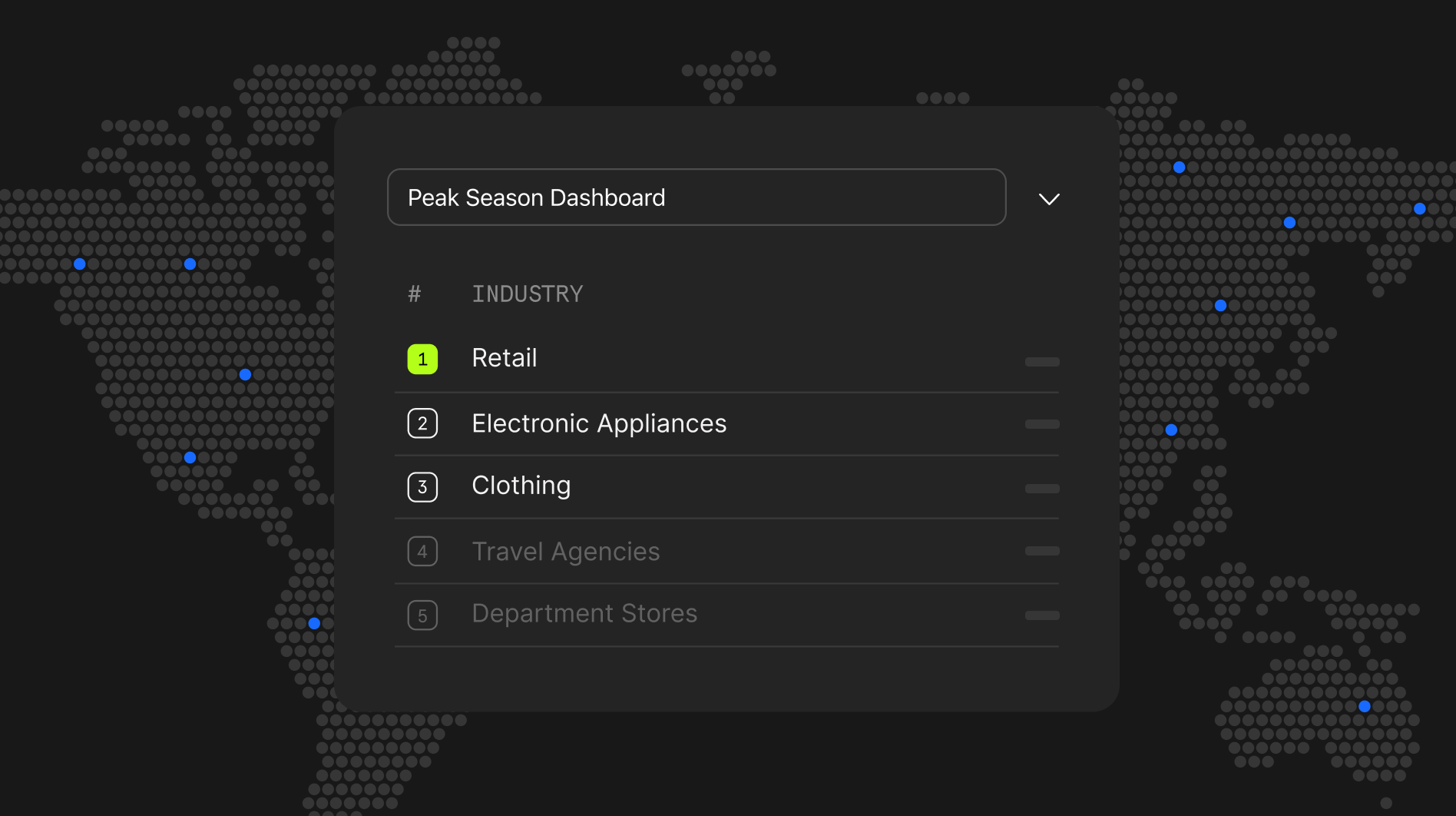It’s been five years since PSD2 marked the official start of open banking in the UK. Since then, Britain, with its wealth of talent, strong FS base, access to capital and empowering regulation, has created a world-leading ecosystem and is now a global powerhouse for fintech.
In recent years, we’ve seen a whole generation of hyper-agile, tech-driven financial services providers, rise to the fore delivering super-convenient and easy-to-access digital and mobile first solutions.
Today, 80% of UK adults use fintech tools regularly. Providing consumers with tangible solutions to help them in their everyday lives is at the core of many fintechs’ propositions. And in the current economic climate, we’ve never needed them more.
Fintech businesses’ ability to explore, develop and deliver financial innovation fast is crucial for consumers and merchants who are desperate for greater financial flexibility, transparency and inclusivity. UK corporates, utility companies and FIs are also eager to collaborate with fintechs – plugging in their unique offerings to better serve customers at scale, and ahead of the competition.
For many fintechs, seamless and frictionless payment rails remain a core part of their value proposition. Here, we explore what’s on the payments’ horizon for fintechs in 2023, with commentary from experts on the latest trends shaping their businesses and the UK market.
Alex Lawson, Lead Strategy and Partnerships Manager, Shares

For us, 2023 is all about making sure that the payment flow for users is as smooth as possible, that funds they load to our platform are available as quickly as possible, and that our partners can support us to integrate new payment methods at speed and on an international scale.
Like many fintechs, we maintain a clear focus on new and emerging payment rails that can nudge us closer to more efficient real-time settlements. And that avoids having to tie up too much capital in the payment flow.
We’re looking to add to the number of ways that users can load funds to our platform and give them access to those funds as quickly as possible across a variety of international markets and currencies. The widespread adoption of 3DS outside of the EU market, is particularly interesting as it could enable us to go live in other jurisdictions while taking advantage of the liability shift and reduced risk of fraud that we enjoy in the UK.
As a business with global growth aspirations, we’re always interested in payment provider partners that offer a one stop shop; facilitating cross-border payments using local user’s preferred rails and currencies with the FX capability to settle in multiple currencies. We’re also particularly excited about instant cross border payments solutions facilitated via blockchain.
Janine Hirt, CEO of Innovate Finance

Last summer, the debate around open banking picked up with the introduction of Variable Recurring Payments, unlocking further innovation in payments. Regulators have also set up a Strategic Working Group to develop a sound basis for Open Banking going forward.
Looking ahead, The Bank of England and HM Treasury report on Central bank Digital Currency is set to be a pivotal point in the long-term development of payments systems in the UK. Hopefully, we may see the development of a wholesale CBDC in the next 12 months and an advance towards regulated stablecoins. To this end, The Financial Services and Markets Bill now going through Parliament is expected to give regulators the powers to regulate stablecoins as e-money and systemic stablecoins.
On the policy side, APP (authorized push payment) fraud continues to present a significant and growing challenge to the payments industry. Over £500 million was lost to APP scams in 2021. The introduction of mandatory reimbursement for APP scams could create real challenges for start-up and scale up fintechs. However, there is an opportunity to link this with provisions in the Online Safety Bill and enable fairer liability sharing.
The role fintechs play in addressing the ESG agenda will become even more important in 2023. Reaching a greener and more sustainable future, rewiring financing to activities aligned with net zero and tackling climate change will become more prominent goals. We can also expect a shift in focus towards the systems and infrastructure that underpin the payments industry, with an increased focus on efficiency.
Expect enhanced engagement with consumers and partners as the fintech community further embraces opportunities for Web3 and the metaverse. Meanwhile, as new solutions such as digital ID or financial passporting enter the mainstream, there will be more potential for financial inclusion with new and expanded use cases that benefit the consumer in the space of open banking, open finance, and open data.
Louis Taupin, UK Sales Manager, Checkout.com

For many fintechs the number one payment priority remains fraud management. The Covid pandemic led to an increase in online transactions, which naturally drives more potential fraud (both friendly and unfriendly). Businesses are still looking for ways to prevent fraud or effectively manage the consequences (i.e. auto dispute management).
There are still enormous opportunities for payments to deliver innovation around Faster Settlements through digital currencies and with the growth of Open Banking. Innovation and ecosystems will continue to power new solutions. As consumers increasingly use their smartphones to pay and budget, there’s big demand for split payment, money pool and collection pot apps, like Collctiv and Cino. Some, like CollectionPot, are also linked to charities.
The realm of possibilities offered by creative partnerships between providers to give more payment options to businesses such as payment aggregators and orchestrators continues to grow. Partnerships between CKO and Thunes, for example, are really exciting – and a key trend to watch in the year ahead.
There is an opportunity for more innovation in Open Banking payment solutions in the next 12 months. Proactive regulation and an Open Banking implementation body that can maintain the positive momentum and high-quality service delivery will be crucial for the financial ecosystem to continue to expand and grow.
As we face a cost-of-living crisis, it’s now more important than ever that we embrace the power of fintech to create a more democratic, inclusive and accessible financial services system that works better for everyone. Payments, as ever, remain one of the most important aspects of this.
Facing the challenges: UK fintechs lead the way
With a pipeline of potentially game changing regulations and innovations ahead – everything from stablecoins and cross border crypto to green initiatives, B2B collaboration and digital inclusivity – 2023 looks like an exciting time for fintech payments.
As more fintechs are scaling and choosing the UK as their base to start and grow, the country will be well-placed to rise to the financial service challenges that lie ahead.
By continuing to focus on technology that solves problems, empowers people and creates opportunity for businesses, it’s clear that Britain will remain at the forefront of the fintech revolution for some time to come.



.jpg)











.png)
